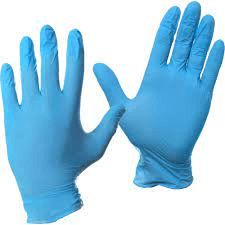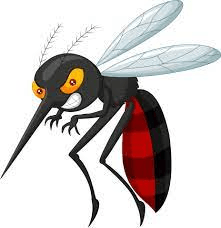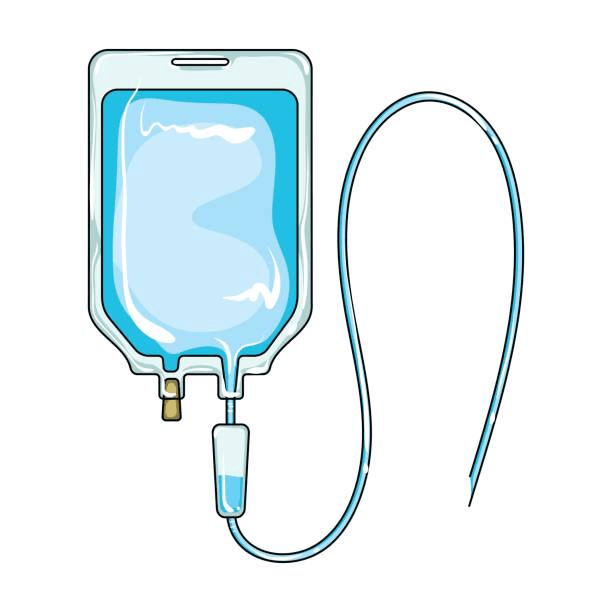This term describes persistent nonpathogenic microorganisms colonizing a host.
What is normal flora?
(Normal flora is persistent nonpathogenic organisms colonizing a host.)
This is the mode of transmission for tetanus.
What is a puncture wound?
(Tetanus is normally transmitted via puncture wounds.)
This organism is responsible for a severe, diarrhea-causing disease.
What is C-diff (Clostridium difficile)?
(Clostridium difficile causes severe diarrhea and is very damaging to the colon.)
These transmission-based precautions should be used for clients with influenza.
What are droplet precautions?
(Influenza is transmitted via droplets; therefore, the nurse should initiate droplet precautions.)
This general class of drugs is used to treat C-diff infection.
What are antibiotics?
(Antibiotics such as metronidazole, vancomycin, and fidaxomicin are used to treat C-diff infection.)
This term is used to describe a host interaction with an organism.
What is infection?
(Infection indicates a host interaction with an organism.)
This is the mode of transmission for mycoplasma pneumonia.
What is droplet inhalation?
(Droplet inhalation is the normal mode for mycoplasma pneumonia.)
This is the organism that causes chickenpox and herpes zoster (shingles).
What is varicella?
(Varicella is responsible for chickenpox and shingles.)
These transmission-based precautions should be used for clients with tuberculosis.
What are airborne precautions?
(Tuberculosis and varicella would qualify for airborne precautions.)
These are used to help prevent diseases such as measles, varicella, influenza, HPV.
What are vaccinations?
This term is used to describe microorganisms present in a host without host interference or interaction.
What is colonization?
(Colonization describes microorganisms present without host interference or interaction.)
This is the mode of transmission for the West Nile virus.
What is a tick bite?
(A bite from an infected tick is the transmission mode for the West Nile virus.)
This is the virus that causes SARS.
What is coronavirus?
(SARS is a severe acute viral respiratory illness caused by the coronavirus, typically the symptoms include fever, coughing, difficulty breathing, and pneumonia.)
These transmission-based precautions should be used for clients with cellulitis or rashes.
What are contact precautions?

(Contact precautions should be followed for patients with any surface infections.)
This term describes the cocktail of drugs used to treat HIV.
What is ART (antiretroviral therapy)?
(Antiretroviral therapy (ART) is the treatment of people infected with human immunodeficiency virus (HIV) using anti-HIV drugs.)
This term describes a person, plant, animal, substance, or location that provides living conditions for microorganisms and enables further organism dispersal.
What is a reservoir?
(A reservoir is any person, plant, animal, substance, or location that provides living conditions for microorganisms and that enables further dispersal of the organism.)
These insects transmit the West Nile virus from birds to humans.
What are mosquitoes?
(Birds are the natural reservoir for the virus. Mosquitoes become infected when feeding on birds and can transmit the virus to animals and humans.)
This is one of the two organisms responsible for impetigo.
What is Staphylococcus aureus? (Staphylococcus aureus and Streptococcus pyogenes are the organisms responsible for impetigo.)
These transmission-based precautions are required when working with patients who have HIV or HBV.
What are bloodborne precautions?
(Bloodborne precautions are required when working with patients who have HIV, HBV, or HCV.)
This antibiotic is the preferred treatment for syphilis.
What is penicillin?
(Penicillin is the preferred treatment for syphilis.)
This term describes the time between exposure to an infectious organism and the appearance of the first symptoms.
What is the incubation period.
(Incubation period is the time between exposure to an infectious organism and the appearance of the first symptoms.)
Drinking this puts humans at risk of getting Giardia lamblia diarrhea.
What is contaminated water?
(Giardia lamblia diarrhea is caused by drinking contaminated water.)
This organism has an incubation period of 10 years. After that, it starts to wreak the immune system.
What is HIV (human immunodeficiency virus)?
HIV has an incubation period of 10 years and then attacks the immune system.
These transmission-based precautions should be used for clients with severely compromised immune systems.
What are neutropenic precautions?
(Neutropenic precautions are designed to protect the clients with compromised immune systems from any pathogens that the visitors might carry.)
This is the most important nursing intervention for patients with hypovolemia associated with fluid lost through diarrhea.
What is rehydration?
